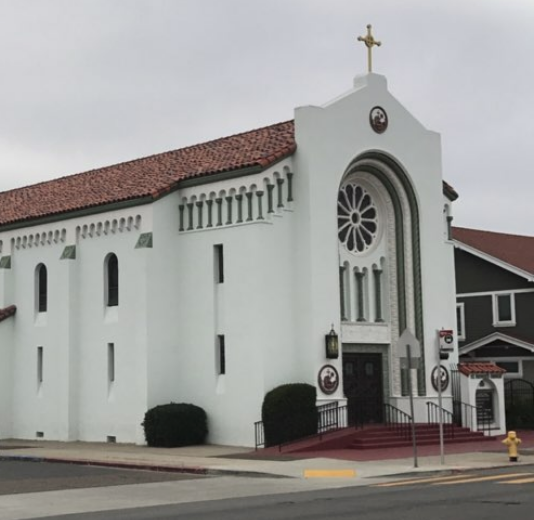Let us think for a moment of the tremendous standards of John. How are they attainable? I always say John hits the ceiling. He hits the very ceiling of Heaven. You can't go higher than John because of his standards. But how are they attainable? Now the essence of the letter of John is this: In the first verses he says that he is going to tell us about "that eternal life." He says, "That which was from the beginning" in verses 1 and 2. He says, "I'm going to show you about that eternal life." But the whole point about the eternal life that John is showing us is not some vague theory down here; it's a Person who walked on earth. That's his point. That eternal life which I am referring to is a Person who walked a life like this on earth-that's eternal life. Now, that's very important. It means it isn't some vague gift we receive just by grace. It's a life that is exactly like the life lived by Jesus. That's tremendous.
So the only eternal life is the perfect life. That's what he says. He says, "I'm going to show you a life which we handled, which we saw and we examined and we looked upon. And that's the eternal life. It's a Person who walked like this on earth."
Now this is the whole meaning of the letter of John. You now say that that Person lives in you, and you in Him. If He does so, He lives that life through you, so you're like that. My, that's a statement isn't it? That's exactly the whole message of I John. We've seen eternal life in action. Eternal life is that One full of grace and truth, as of the only begotten Son of the Father, Who walked this earth, and Whom we saw with our eyes. Now that's eternal life. Now this eternal life you claim lives in you. You say He's in you, and you abide in Him and He in you. If that is so, He is living through you exactly that same life. Is He? My, that's a challenge, isn't it? That's the whole of I John. He then divides that life out under three headings, to each of which he gives three sections. One is, it's a life of invincible faith. The other is, it's a life of continued holiness. And the third is, it's a life of perfect love Those are the three sections of I John. And he goes back to them again and again. That's the standard.
Karuizawa Japan Conference of 1954 by Norman P. Grubb
Topic: "Daily Walk in the Spirit"
So the only eternal life is the perfect life. That's what he says. He says, "I'm going to show you a life which we handled, which we saw and we examined and we looked upon. And that's the eternal life. It's a Person who walked like this on earth."
Now this is the whole meaning of the letter of John. You now say that that Person lives in you, and you in Him. If He does so, He lives that life through you, so you're like that. My, that's a statement isn't it? That's exactly the whole message of I John. We've seen eternal life in action. Eternal life is that One full of grace and truth, as of the only begotten Son of the Father, Who walked this earth, and Whom we saw with our eyes. Now that's eternal life. Now this eternal life you claim lives in you. You say He's in you, and you abide in Him and He in you. If that is so, He is living through you exactly that same life. Is He? My, that's a challenge, isn't it? That's the whole of I John. He then divides that life out under three headings, to each of which he gives three sections. One is, it's a life of invincible faith. The other is, it's a life of continued holiness. And the third is, it's a life of perfect love Those are the three sections of I John. And he goes back to them again and again. That's the standard.
Karuizawa Japan Conference of 1954 by Norman P. Grubb
Topic: "Daily Walk in the Spirit"

























